In this richly layered piece, Sneha Mary Mathew explores how missionary memoirs evolved into an unintentional climate record, capturing the rhythms of monsoon, daily weather, and life in colonial Travancore.
Read more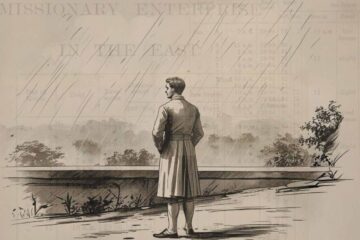
A Kerala Studies Blog

In this richly layered piece, Sneha Mary Mathew explores how missionary memoirs evolved into an unintentional climate record, capturing the rhythms of monsoon, daily weather, and life in colonial Travancore.
Read more
Tracing how sound cultures and sonic media technologies—from gramophones to audio cassettes—shaped Kerala’s film culture in the twentieth century, Alex Abraham explores how informal infrastructures enabled new listening practices, expanded cinema beyond the theatre, and influenced the rise of genres like mimicry and comedy in Malayalam cinema.
Read more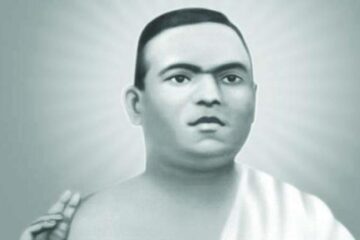
Naveen Prasad Alex writes about Poikayil Appachan’s radical vision of caste abolition, memory, and unity—revealing the revolutionary potential of PRDS in reshaping Kerala’s subaltern history.
Read more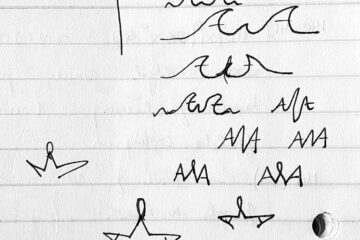
Pothikkettu is a monthly editorial that ‘wraps up’ the issue for our readers. This issue includes an analysis of the[…]
Read more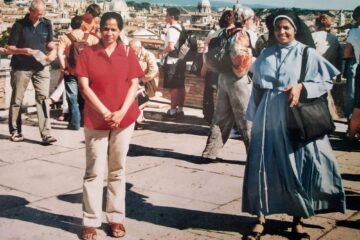
What does it mean to “mother” from another country? Aleena brings to our attention the ways in which migrant women’s self-narratives throw light on their relationships with their children, family, and home.
Read more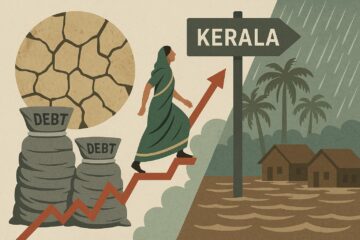
Kerala’s financial crisis has been a concern for long. In this article, Ayana Krishna D, Sangeetha Kethapaka and Shraddha Jain dive into the nitty-gritties of the 2025-26 Kerala budget explaining why it might not lead the state towards sustainable economic growth.
Read more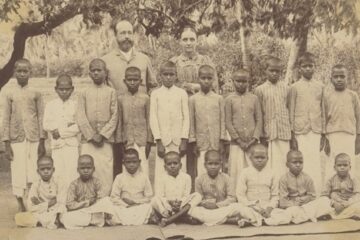
In season 3 of the Ala podcast, we hold a series of conversations with educators, academics and activists on Education[…]
Read more
Pothikkettu is a monthly editorial that ‘wraps up’ the issue for our readers. This issue introduces episode 2 of our ‘Reimagining Education’ podcast season and shares a ‘top 5’ of Ala’s most-read articles in the past year.
Read more
Pothikkettu is a monthly editorial that ‘wraps up’ the issue for our readers. Dear Reader, The proliferation of literature festivals[…]
Read more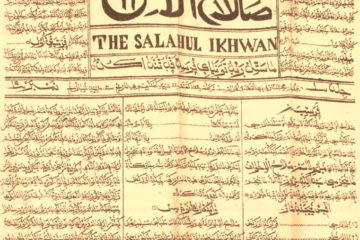
Islam’s relationship to images is widely discussed, often in ways that perpetuate Islamophobic stereotypes, erasing context, history, diversity, and change. Countering such popular narratives, Mohammed Sadik shows that conversations around image use in Malabar’s Muslim communities represents a long and dynamic history of debating and adapting Islamic principles to a changing world.
Read more